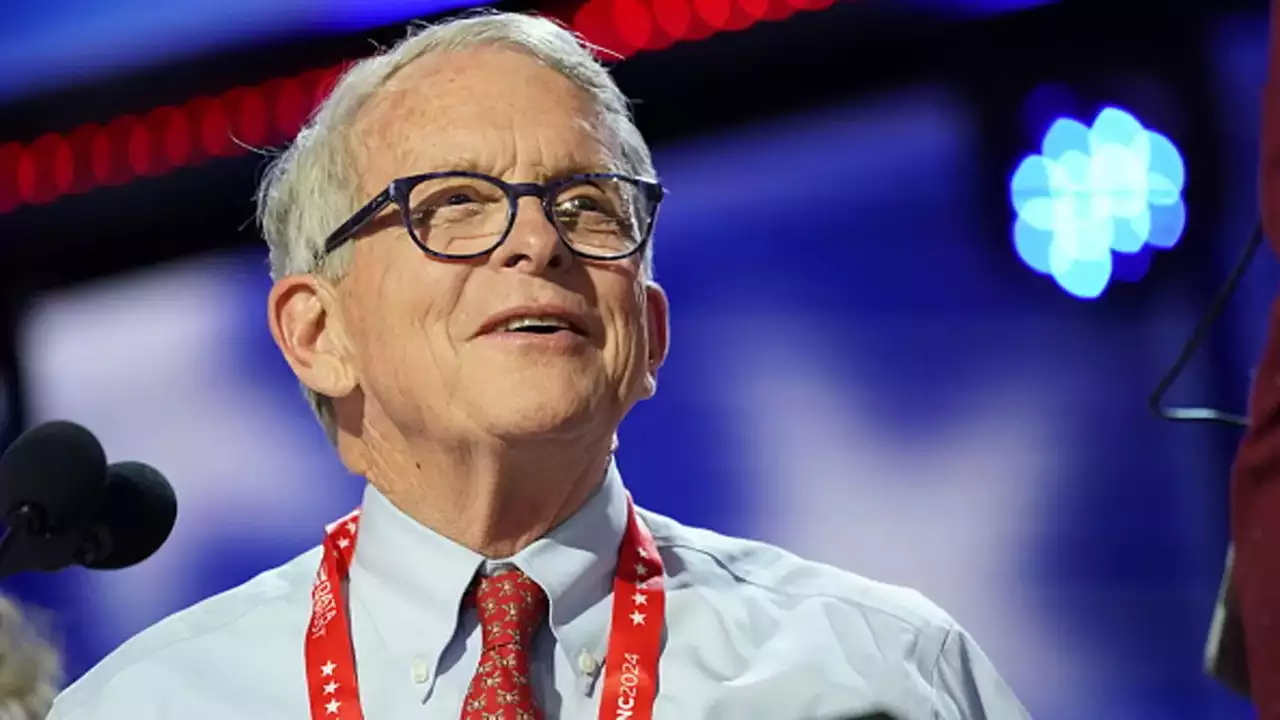In a move that has sparked significant debate, Illinois Governor J.B. Pritzker has taken action to prevent individuals who were pardoned for their involvement in the January 6, 2021, Capitol riot from holding state jobs. The decision comes as part of an ongoing effort to ensure that those convicted of crimes related to the Capitol insurrection are not allowed to serve in positions of public trust within the state.
Governor Pritzker’s executive order blocks pardoned rioters from being eligible for state employment, arguing that individuals who participated in the riot pose a threat to the values and integrity of Illinois state institutions. The move has garnered both praise and criticism, highlighting the deep divisions in how Americans view the aftermath of the January 6 attack.
The Governor’s Decision and Its Implications
The Illinois governor’s decision stems from concerns that individuals involved in the Capitol riot—regardless of whether they were pardoned—should not be placed in positions where they could influence state policies or interact with the public in a governmental capacity. By preventing pardoned rioters from obtaining state jobs, Governor Pritzker aims to send a clear message that violent actions against the government will not be tolerated or rewarded in the state of Illinois.
Under the executive order, anyone who participated in the Capitol insurrection and was later pardoned or had their sentence commuted will be excluded from state job opportunities. The ruling extends to positions in state agencies, local government roles, and other public employment positions.
While the order primarily applies to those involved in the January 6 events, some critics argue that it may set a dangerous precedent by limiting the chances for individuals to rehabilitate or reintegrate into society.
Political and Public Reaction
The governor’s move has sparked mixed reactions across the political spectrum. Supporters of the decision argue that pardoned rioters should not be allowed to benefit from their actions, especially when it comes to jobs that may involve public trust or decision-making. They view the action as a necessary step to protect the integrity of state institutions.
On the other hand, opponents argue that the decision could be seen as a form of collective punishment, effectively punishing individuals who have already paid their debt to society by receiving pardons. Critics also point out that the decision could fuel further political polarization, potentially making it more difficult for people to move past their involvement in the insurrection.
Some legal experts suggest that this executive order may be challenged in court, especially if individuals affected by the ruling argue that it violates their rights to seek employment in the public sector.
The Broader Context of Jan. 6 Riots and Pardons
The January 6 attack on the U.S. Capitol, which led to the deaths of several individuals and resulted in widespread property damage, has had lasting effects on American politics and public discourse. In the aftermath of the riot, hundreds of individuals were arrested and charged with crimes ranging from trespassing to violent assault.
In the years following the riot, many of the convicted rioters have received pardons or clemency from various political leaders, leading to a debate over whether such individuals should be reintegrated into society or face long-lasting consequences for their actions.
Some states, including Illinois, have taken a firm stance on ensuring that those involved in the riot are not allowed to return to positions of power or influence within government. The decision by Illinois Governor Pritzker is part of a broader trend among state and local leaders who are seeking to hold individuals accountable for their roles in the insurrection, even after they have been pardoned.
Future Legal Challenges and Possible Outcomes
While Governor Pritzker’s executive order remains in effect, there may be legal challenges that could ultimately shape the future of such decisions in Illinois and beyond. Legal experts anticipate that individuals impacted by this ruling could file lawsuits arguing that the state’s actions violate their rights under the Constitution.
If these legal challenges gain traction, the outcome could set important precedents for how the legal system handles cases involving pardons and public employment. Additionally, the broader implications of such rulings will likely influence other states as they navigate their responses to the insurrection and the subsequent pardons issued.
Conclusion
Illinois Governor J.B. Pritzker’s decision to block pardoned Jan. 6 rioters from state employment has sparked a national debate over accountability, rehabilitation, and the long-term consequences of participation in the Capitol insurrection. While the executive order is meant to protect the integrity of state institutions, it raises important questions about the rights of pardoned individuals and the broader impact of such decisions on political and social divisions.
For more information on the governor’s executive order and the legal aspects of pardons, visit the Illinois Governor’s official website.
Disclaimer – Our team has carefully fact-checked this article to make sure it’s accurate and free from any misinformation. We’re dedicated to keeping our content honest and reliable for our readers.








